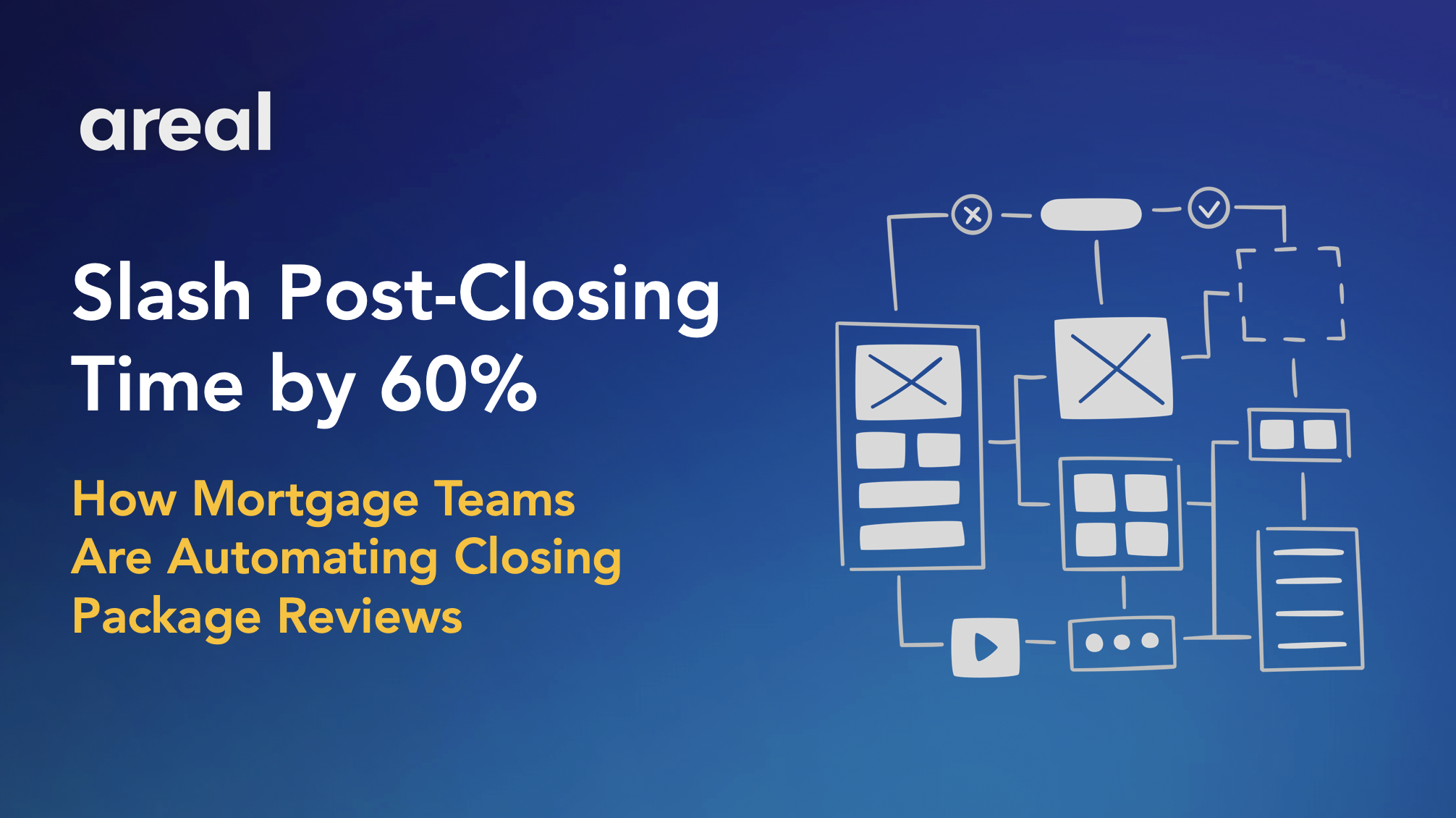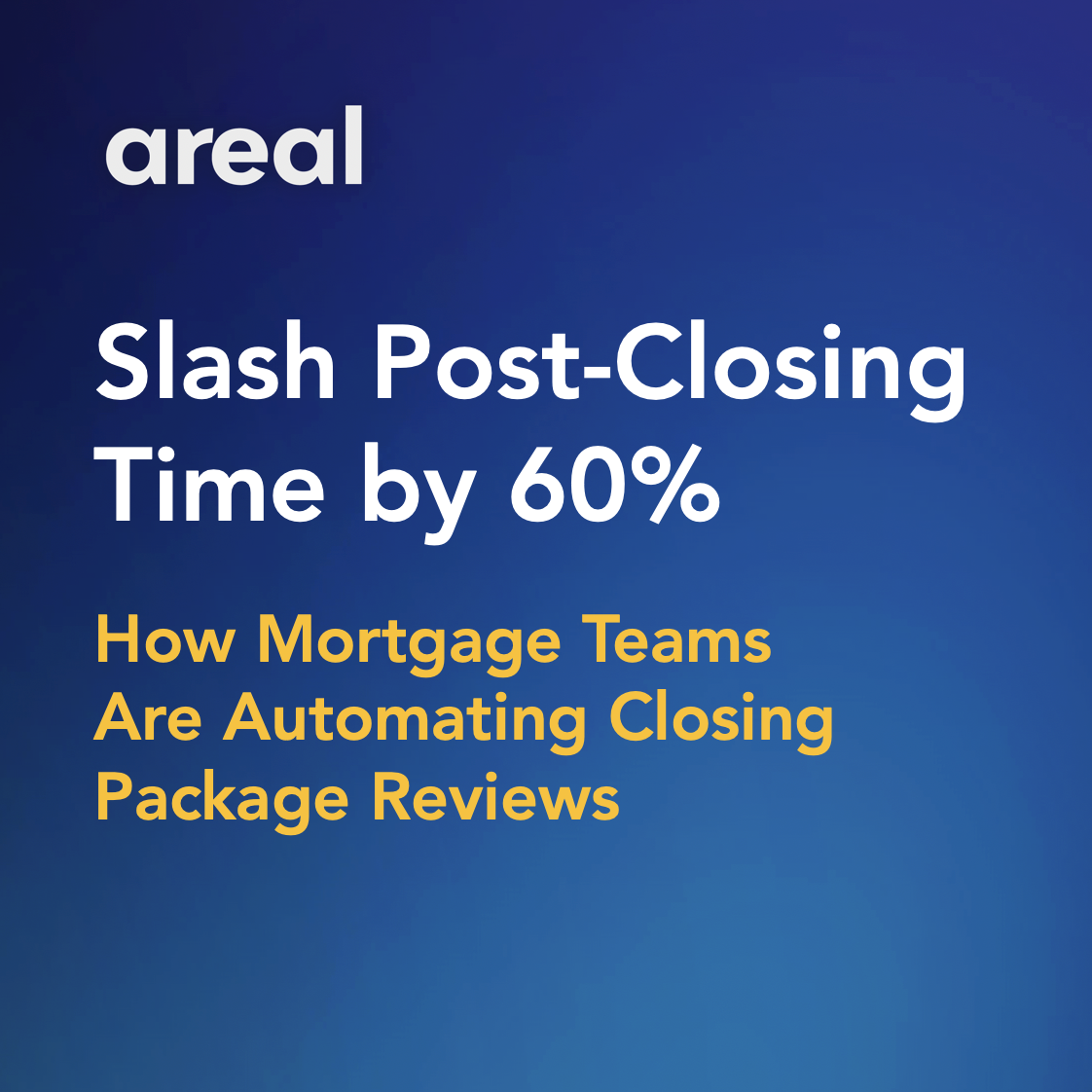This crucial stage, known as mortgage loan origination, sets the tone for the borrower-lender relationship, defining the terms and conditions of the mortgage agreement. Market fluctuations and economic variables wield significant influence, impacting lending practices and interest rates. Origination symbolizes the commencement of a homeowner's journey, blending aspirations with fiscal realities through meticulous evaluation and negotiation, heralding the dawn of property ownership.
What Is Mortgage Loan Origination?
Exploring the essence of mortgage loan origination unveils a foundational process in homeownership. Mortgage loan origination systems are instrumental in streamlining this intricate journey and these systems facilitate seamless credit assessment, documentation, and compliance with regulatory standards. Mortgage loan origination signifies the initiation of a borrower-lender relationship, shaping the terms of the mortgage agreement. Loan origination software optimizes efficiency, enabling lenders to navigate market fluctuations and tailor lending practices accordingly. In essence, it's the backbone of the homeowner's journey, blending technological prowess with financial acumen to realize the dream of property ownership.
Mortgage Loan Origination Process: Step-by-step
Delving into the intricacies of the mortgage loan origination process unveils a structured journey towards homeownership:
- Initial Consultation: Borrowers meet with a mortgage loan officer to discuss their financial situation, goals, and mortgage options.
- Pre-Qualification: Based on preliminary information provided by the borrower, the loan officer assesses their potential eligibility for a mortgage.
- Loan Application: Borrowers complete a formal loan application, providing detailed financial information, employment history, and personal identification.
- Document Submission: Borrowers submit supporting documents, such as pay stubs, tax returns, bank statements, and proof of assets, to verify their financial status.
- Credit Check: Lenders conduct a credit check to assess the borrower's credit history and determine their creditworthiness.
- Loan Processing: The lender reviews the application and supporting documents, verifying information, and ensuring compliance with lending guidelines.
- Underwriting: The underwriter evaluates the borrower's financial profile, property appraisal, and loan documentation to assess risk and determine if the loan should be approved.
- Conditional Approval: Upon successful underwriting, the lender issues a conditional approval, specifying any additional requirements or conditions that must be met before final approval.
- Loan Approval: Once all conditions are satisfied, the lender grants final approval for the loan, and the borrower receives a commitment letter outlining the terms and conditions.
- Closing Preparation: The lender prepares closing documents, including the loan estimate, closing disclosure, and other legal paperwork.
- Closing: Borrowers and sellers meet at the closing table to sign the final documents, including the mortgage note, deed of trust, and other agreements.
- Funding: The lender disburses funds to the seller or escrow agent, and the property ownership transfers to the borrower.
- Post-Closing: Borrowers begin making regular mortgage payments as outlined in the loan agreement, and the lender may sell the mortgage to a servicing company for ongoing management.
Requirements for Mortgage Loan Origination
Ensuring compliance with these mortgage loan requirements is crucial for borrowers seeking successful origination of their home financing.
- Credit Score: Borrowers typically need a minimum credit score, often ranging from 620 to 700, depending on the lender and loan type.
- Income Verification: Lenders require proof of income through pay stubs, tax returns, and bank statements to assess the borrower's ability to repay the loan.
- Employment History: Stable employment history, typically two years or more, demonstrates financial stability and ability to make mortgage payments.
- Debt-to-Income Ratio (DTI): Lenders evaluate the borrower's DTI ratio, which compares their monthly debt payments to gross monthly income, typically requiring a DTI below 43%.
- Down Payment: Borrowers must provide a down payment, usually ranging from 3% to 20% of the home's purchase price, depending on the loan type and lender requirements.
- Property Appraisal: The property must undergo an appraisal to determine its market value and ensure it meets lender requirements for financing.
- Documentation: Borrowers must submit various documents, including identification, proof of assets, and any additional information required by the lender.
- Insurance: Lenders typically require borrowers to obtain homeowners insurance to protect the property and mortgage investment.
- Title Search and Insurance: Lenders conduct a title search to ensure there are no outstanding liens or issues with the property's ownership, and borrowers may be required to purchase title insurance for protection.
- Escrow Account: Lenders may require borrowers to establish an escrow account to cover property taxes and homeowners insurance premiums.
Meeting these requirements is essential for borrowers to qualify for mortgage loan origination and secure financing for their home purchase.
How to Prepare for the Loan Origination Process
Navigating the complexities of mortgage lending can be daunting, but with a comprehensive loan origination guide and practical mortgage loan tips, borrowers can confidently embark on their homeownership journey. This guide equips individuals with essential knowledge, from understanding credit requirements to preparing for the application process. It emphasizes the significance of researching loan options and seeking pre-approval to streamline the journey.
Here's a step-by-step guide on how to prepare for the loan origination process:
- Financial Assessment: Evaluate your financial situation, including credit score, income, and debt-to-income ratio, to understand your borrowing capacity.
- Credit Check: Obtain a copy of your credit report and review it for errors or discrepancies. Take steps to improve your credit score if necessary.
- Budgeting: Create a budget to determine how much you can afford to borrow and comfortably repay each month, considering expenses like utilities, insurance, and maintenance.
- Save for a Down Payment: Start saving for a down payment, aiming for the amount required by your lender or desired loan program. Consider additional costs like closing costs and reserves.
- Gather Documentation: Collect necessary documents, including pay stubs, tax returns, bank statements, and identification, to streamline the application process.
- Research Loan Options: Explore different loan programs and lenders to find the best fit for your financial needs and goals. Consider factors like interest rates, terms, and fees.
- Pre-Approval: Get pre-approved for a mortgage to strengthen your offer when shopping for a home. Pre-approval demonstrates to sellers that you're a serious buyer with financing in place.
- Understand the Process: Familiarize yourself with the loan origination process, including key steps, timelines, and potential challenges. Ask your lender for clarification on any uncertainties.
- Stay Organized: Keep all documents and communications related to your mortgage application organized and readily accessible to facilitate a smooth process.
- Communicate with Your Lender: Maintain open communication with your lender throughout the process, promptly responding to requests for additional information or documentation.
By following these steps and adequately preparing for the loan origination process, you can increase your chances of securing favorable financing terms for your home purchase.
How Areal Simplifies the Mortgage Automation Process
Exploring how Areal.ai streamlines the mortgage automation process unveils a revolutionary approach to efficiency and accuracy. With cutting-edge mortgage automation technology, Areal.ai simplifies tasks from application to closing. By leveraging advanced algorithms, it expedites document processing, credit assessment, and underwriting, significantly reducing turnaround times. Moreover, Areal.ai ensures regulatory compliance, seamlessly generating and delivering essential documents like the Closing Disclosure. This not only enhances transparency but also expedites the closing process, facilitating smoother transactions for borrowers and lenders alike. Areal.ai redefines mortgage automation, heralding a new era of streamlined efficiency and customer satisfaction in the lending industry.
Frequently Asked Questions about Loan Origination
Navigating the intricacies of loan origination often prompts questions for borrowers seeking mortgage loan help. Common inquiries revolve around understanding the process, required documentation, and timelines. Borrowers often seek clarity on factors influencing approval, such as credit scores, income verification, and property appraisal. Distinguishing between pre-qualification and pre-approval, as well as discerning loan origination fees from closing costs, are frequent areas of confusion. With the guidance of mortgage professionals and access to resources like Loan Origination FAQ, borrowers can navigate these queries with confidence, ensuring a smoother path towards securing financing for their homeownership dreams.
What is a mortgage origination system?
A mortgage origination system is a comprehensive software platform utilized by lenders to manage and streamline the mortgage loan origination process. This system integrates various functionalities, including application processing, credit assessment, underwriting, documentation management, and regulatory compliance. Mortgage loan origination software enhances efficiency and accuracy by automating repetitive tasks, facilitating communication between stakeholders, and providing real-time status updates on loan applications. They are designed to handle the entire origination lifecycle, from initial application to closing, improving transparency and reducing processing times. Mortgage origination systems are instrumental in enhancing the borrower experience, optimizing operational workflows, and ensuring compliance with regulatory requirements in the lending industry.
What is the meaning of originated loan?
An originated loan refers to a loan that has been approved and funded by a lender, marking the beginning of the borrower-lender relationship. When a borrower submits a loan application and meets the lender's criteria for creditworthiness, income, and collateral, the lender approves the loan, and funds are disbursed to the borrower. This process, known as loan origination, involves thorough evaluation of the borrower's financial profile, property appraisal, and adherence to regulatory standards. Once the loan is originated, the borrower assumes responsibility for repaying the loan according to the terms and conditions outlined in the loan agreement.
What is the difference between loan origination and underwriting?
In the realm of mortgage lending, it's crucial to discern the disparity between loan origination and underwriting. While both are integral components of the lending process, they serve distinct purposes. Loan origination pertains to the initial stage where borrowers apply for a loan, and lenders evaluate their creditworthiness, financial history, and property details. This phase involves gathering documentation, completing applications, and assessing eligibility. On the other hand, loan underwriting occurs after origination and involves a detailed examination of the borrower's financial profile, property appraisal, and adherence to lending guidelines. Underwriters meticulously review all aspects of the loan application to assess risk and determine whether to approve or deny the loan. While loan origination initiates the borrowing process, underwriting serves as the critical evaluation stage, ensuring loans meet regulatory standards and lender requirements before funding. Understanding this distinction is essential for borrowers and lenders alike to navigate the lending journey effectively.







